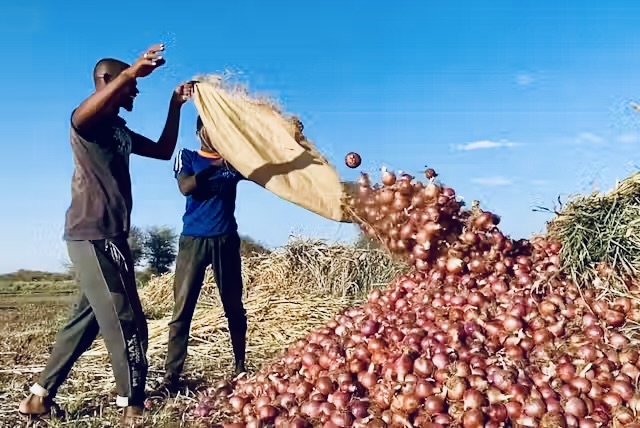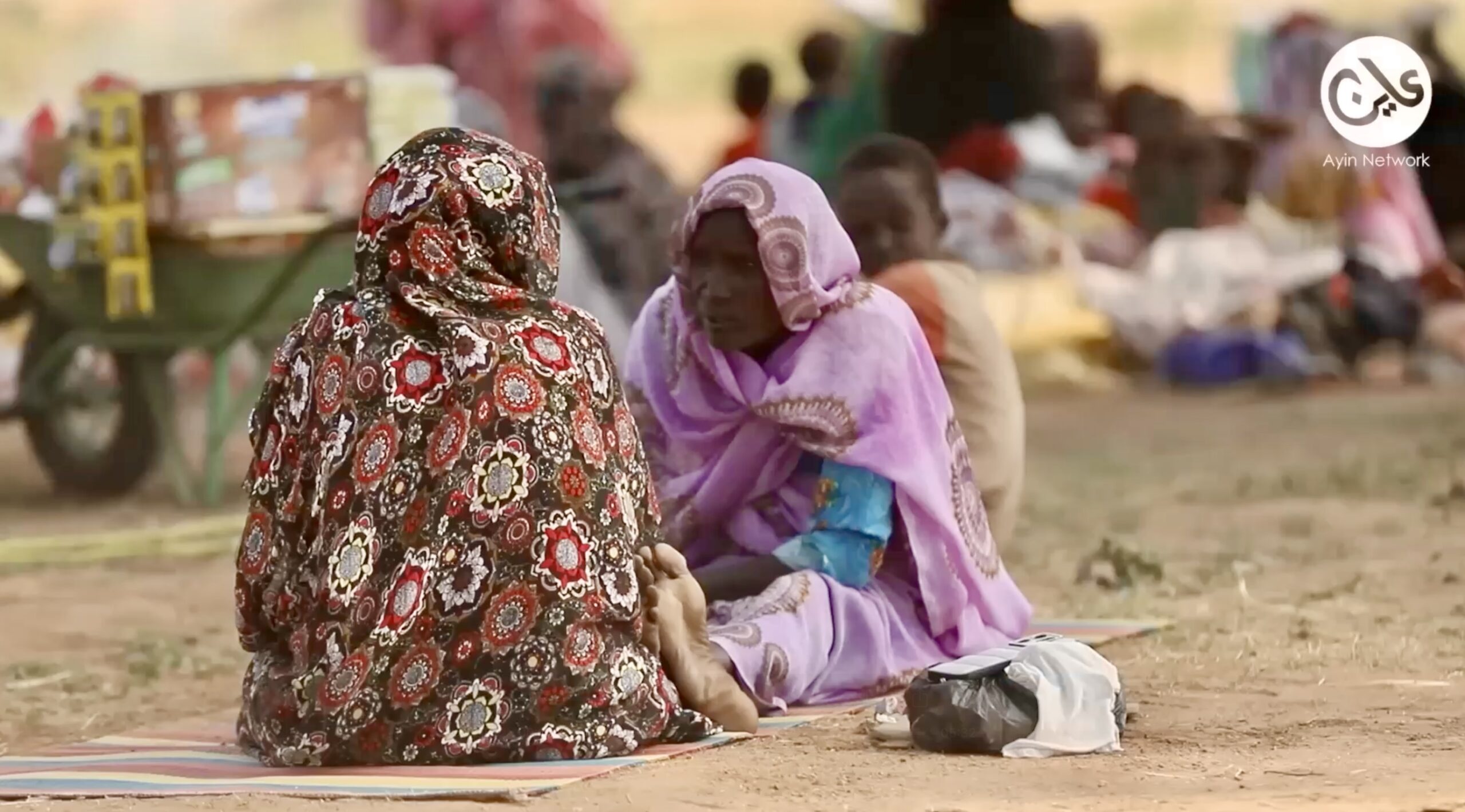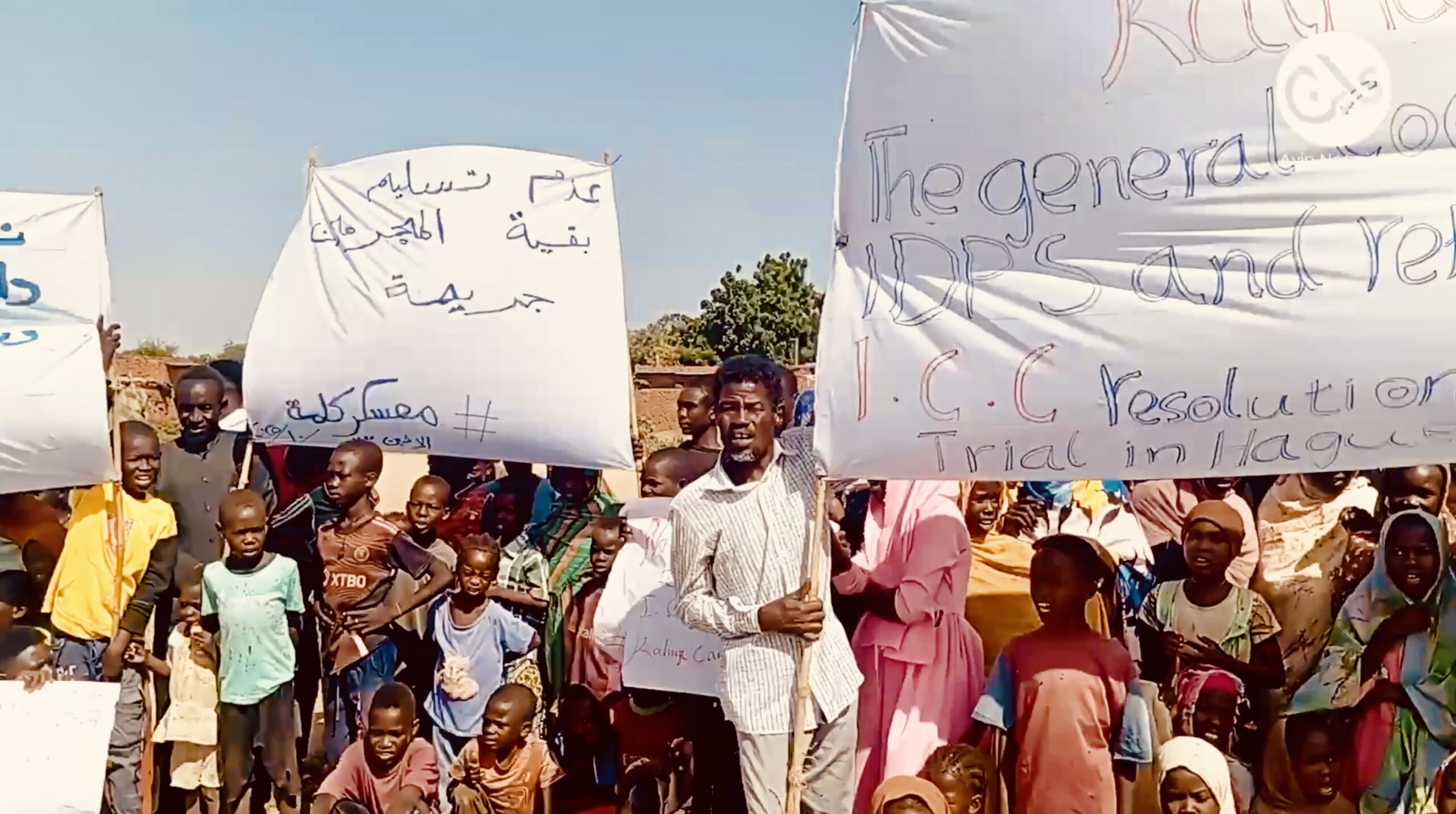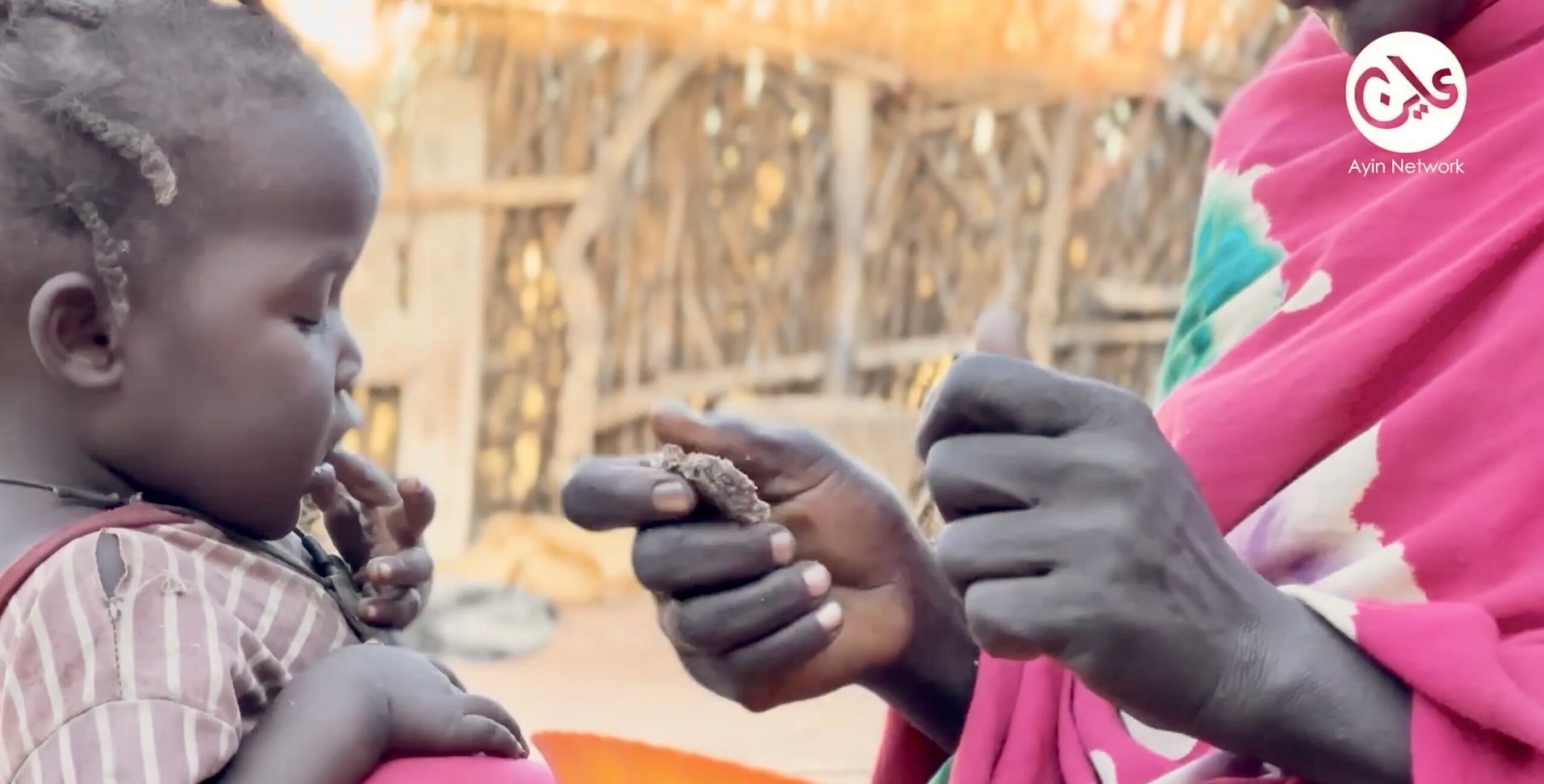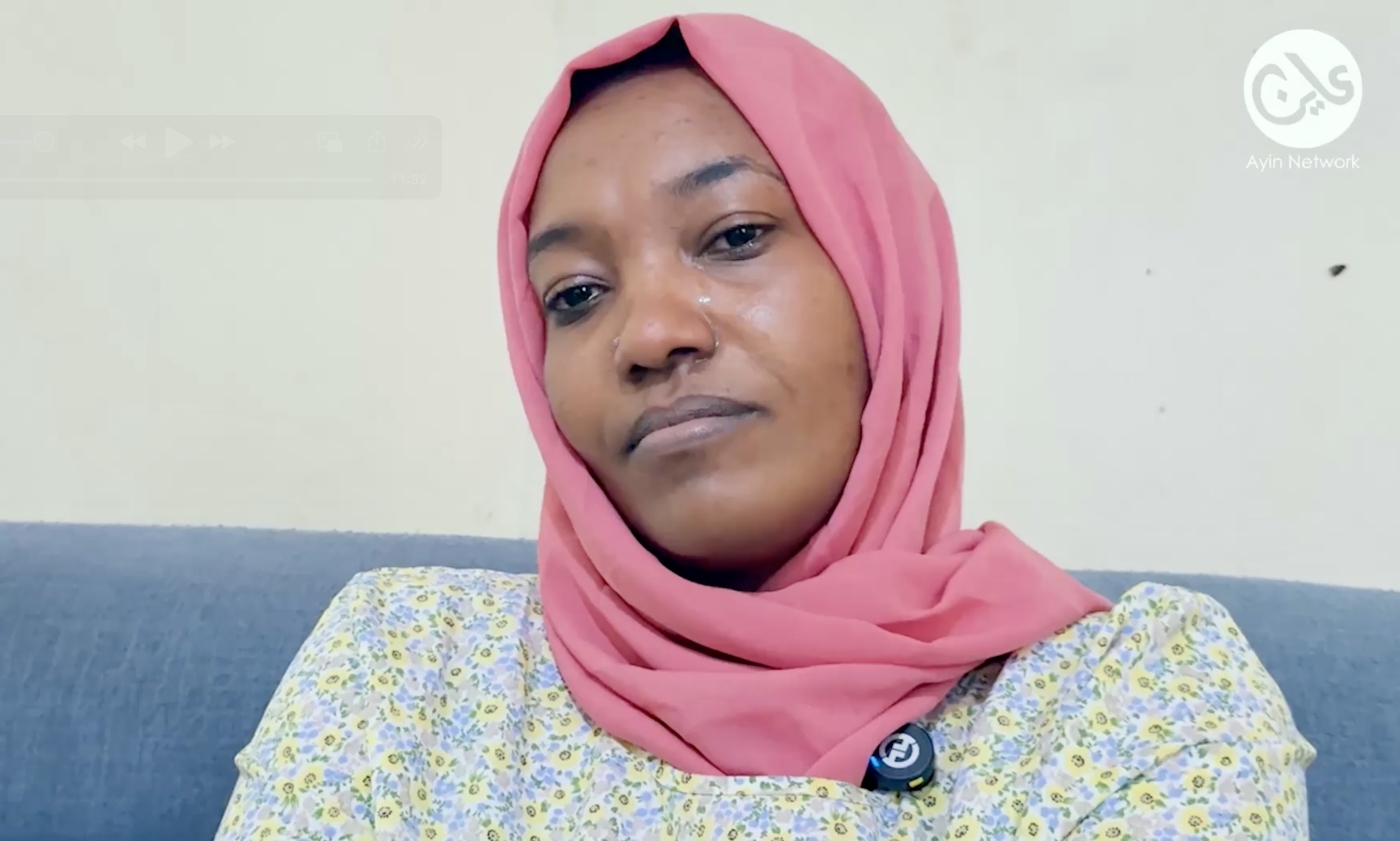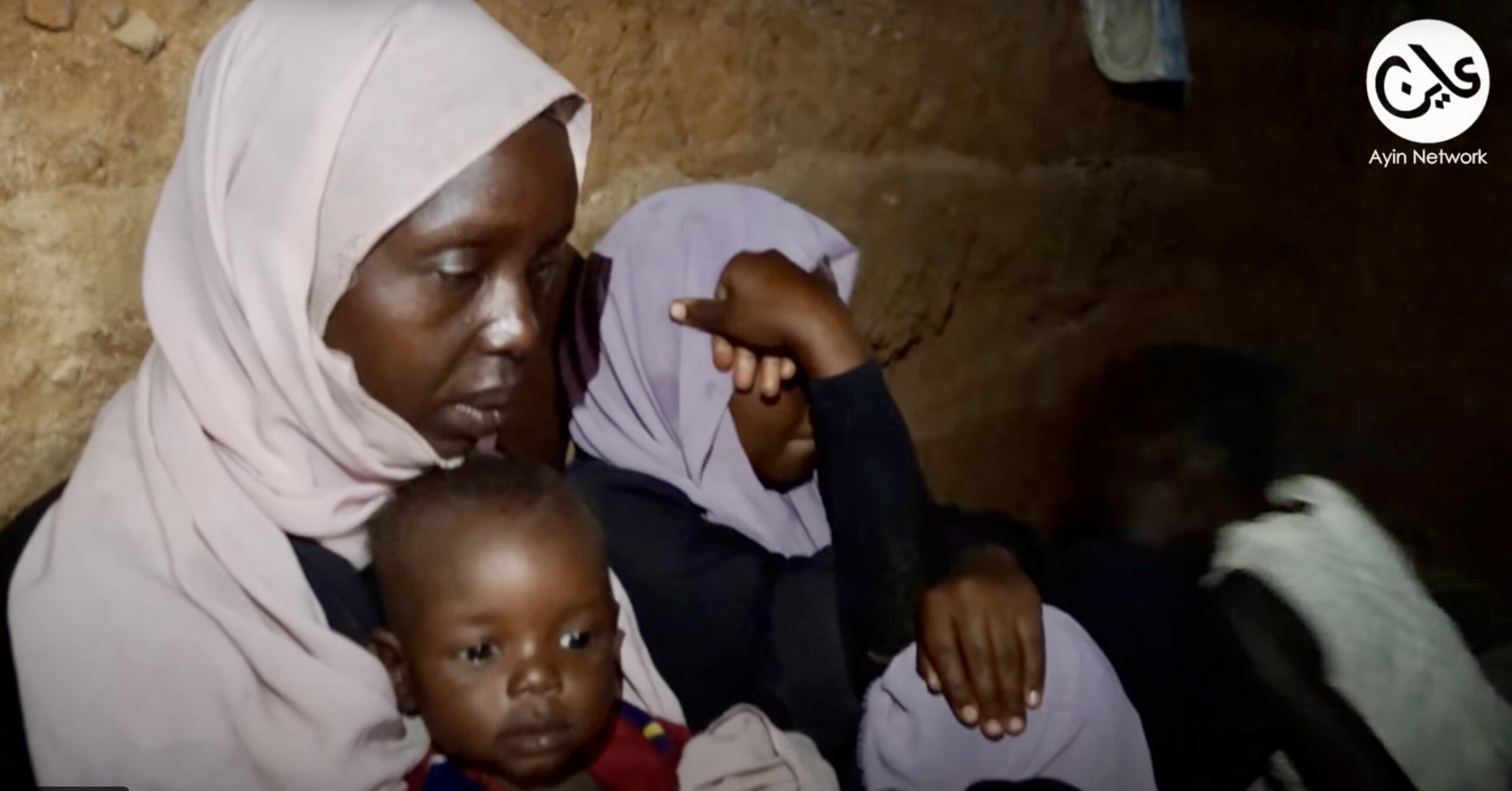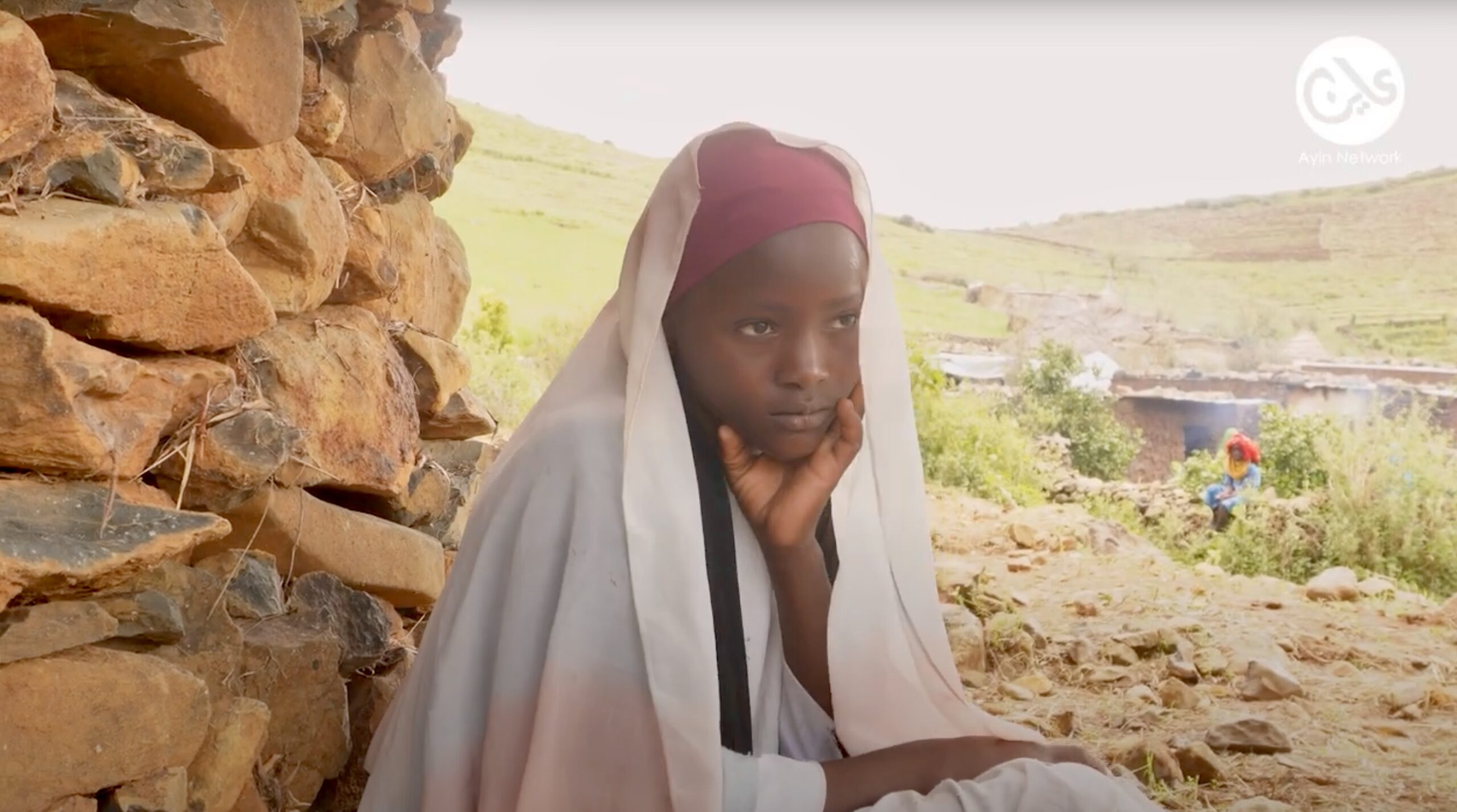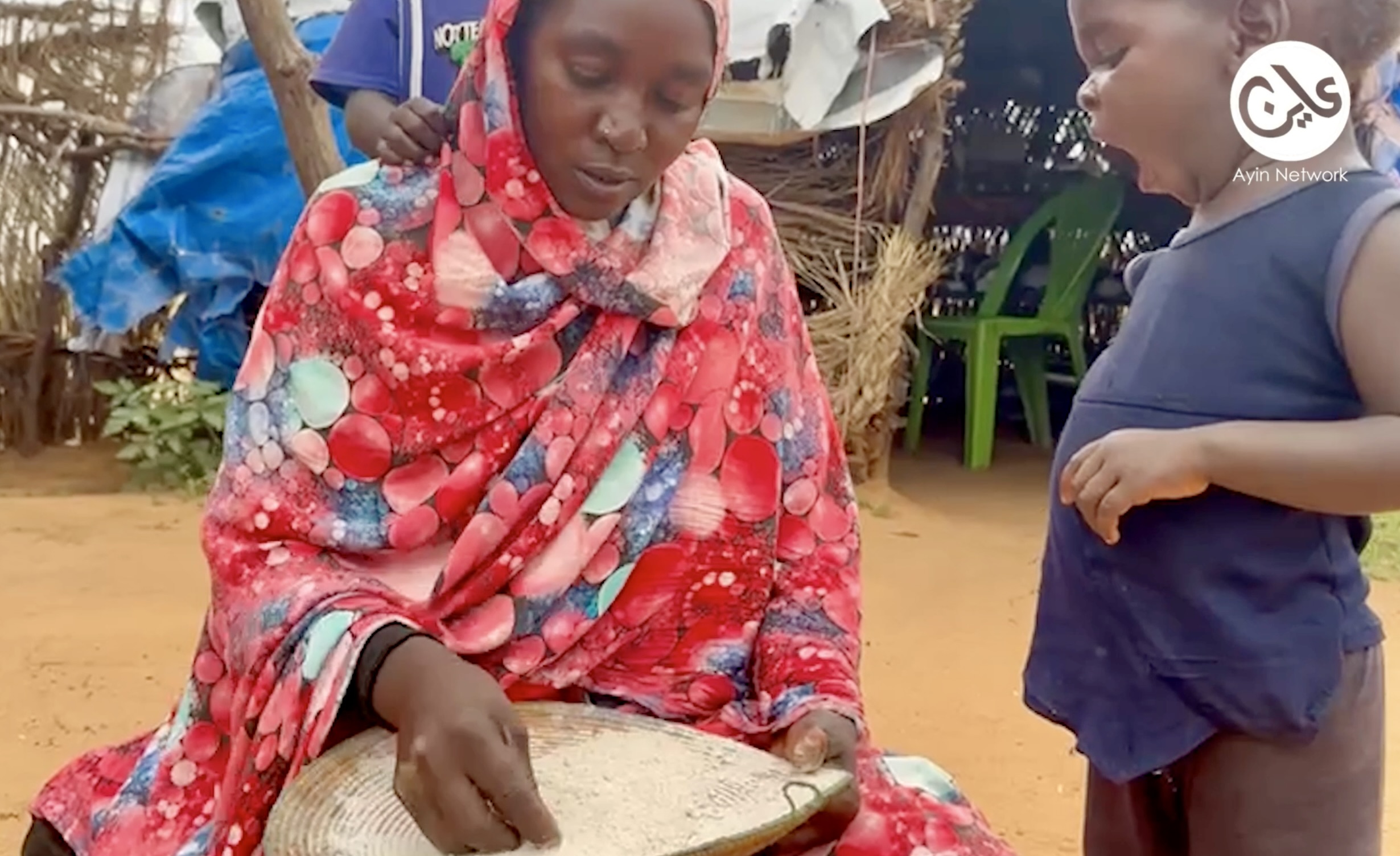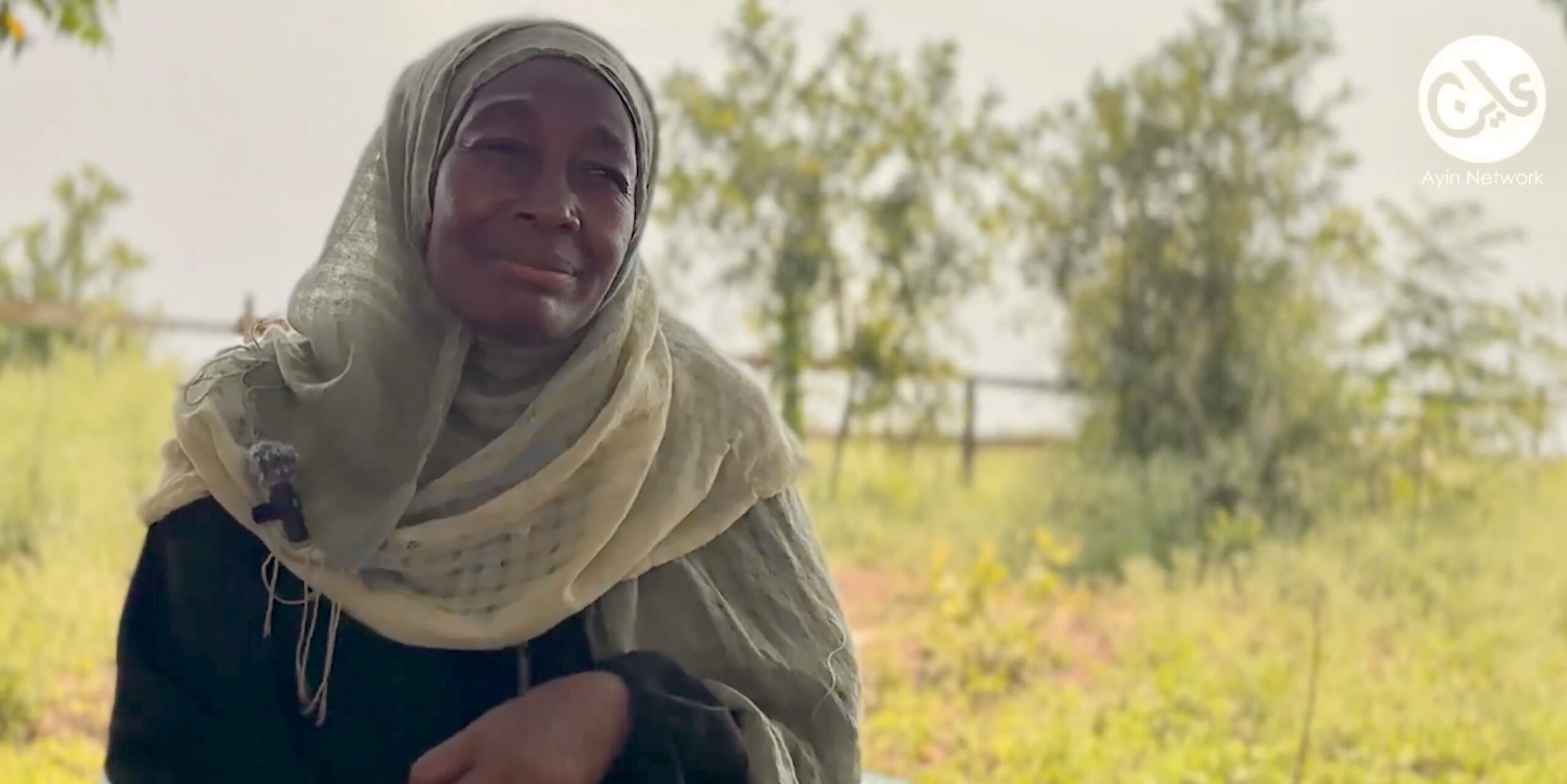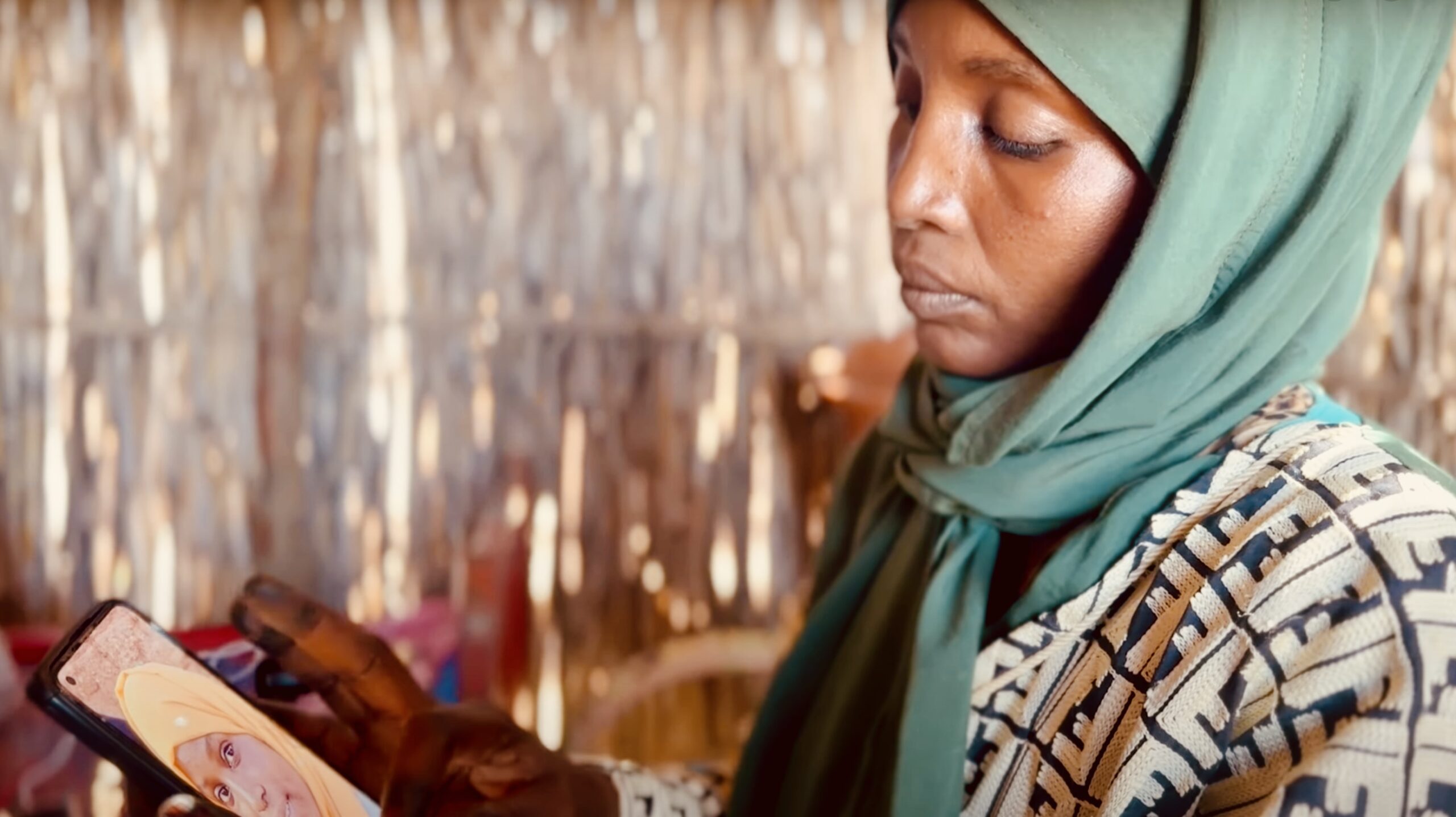From crop failure to weak security: war disrupts farming across Sudan
16 July 2025
Recent reports from across Sudan pinpoint the difficult challenges that farmers face as the war continue into the third year. In Gedaref, eastern Sudan, farmers cannot find markets to sell their produce despite abundant crop yields. In Al-Jazeera State, farmers lack the state capital that used to support their operations, forcing them to curb production, and farmers in South Kordofan face constant insecurity, making it increasingly dangerous to farm their crops and transport them to market.
The challenges facing farmers across the country could have disastrous consequences. According to food security expert Dr Timmo Gaasbeek, farming in Sudan constitutes roughly ⅔ of all food consumed by the public. “Farming is critical for food supplies, we tend to focus on international aid which is also important but farming in Sudan is key,” he told Ayin. With half of Sudan’s population severely food insecure, access to this year’s harvest remains more critical than ever.
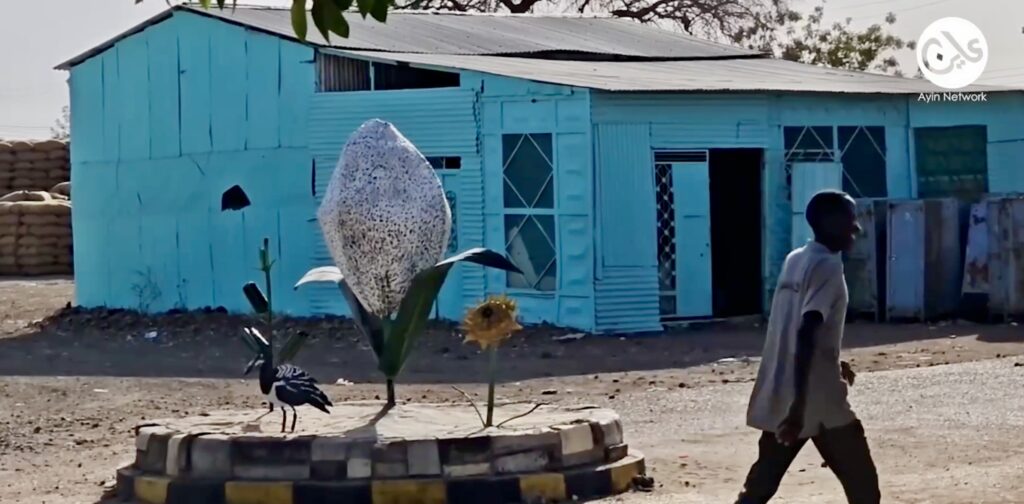
Gedaref
Farmers in Gedaref State, eastern Sudan, had an abundant harvest this year, yet sales were down causing a surplus of crops. Due to the war, farmers are having problems transporting their crops, especially maize, to other Sudanese cities. Farming is pivotal in Gedaref. Agriculture constitutes the main economic activity for the population, relying on rain-fed irrigation, in addition to services related to agriculture and trade, including border trade with Ethiopia and Eritrea.
“Production is very promising. The season isn’t over yet. Corn is available and there are still imports, but purchases are weak,” says Gedaref farmer Al-Dasis Abdullah Hassan. “We used to export corn to Darfur, but we couldn’t this year because of the war. We have a large harvest, but there are no buyers.” Hassan asserted that this complex situation may be contributing to farmers abandoning agriculture because the state has not provided export opportunities for corn, sesame crops.
The Sudanese Agriculture Minister, Abu Bakr Al-Bishra, confirmed that Sudan produced about 6.6 million tons of grains this agricultural season. According to the international CFSAM report – the assessment of the Food and Agriculture Organisation of the United Nations– this includes about 5.4 million tons of corn. The minister explained that Sudan needs 4 million tons of corn, and at the end of last April he said, “We are in a state of self-sufficiency in grains and our production of corn exceeds our need.”
While certain farming areas of Sudan like Gedaref may be agriculturally productive, this does not ensure a hungry nation is being fed. Food is simply not reaching vast areas of the country and remains within local markets.
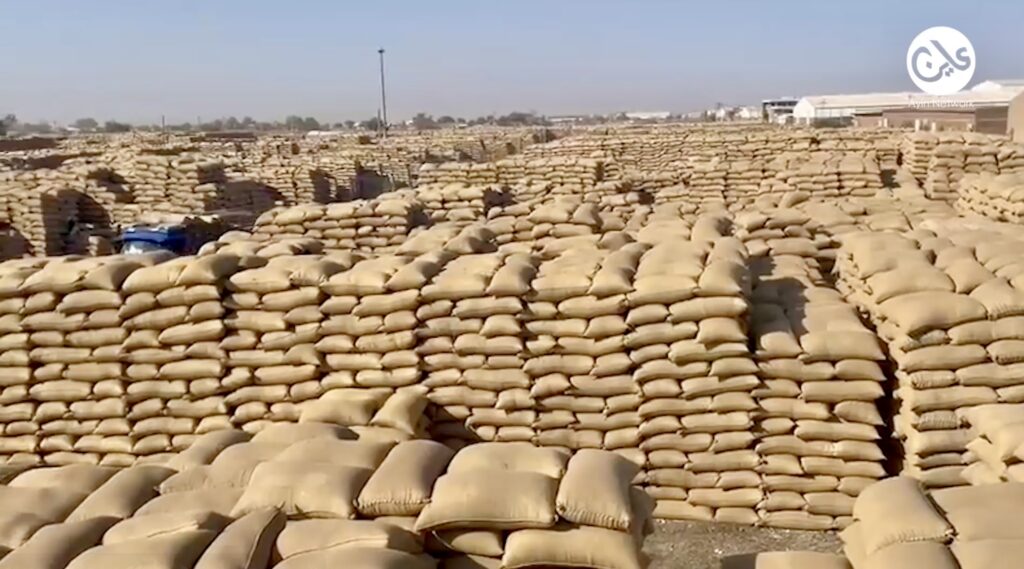
Surplus of crops, shortage of markets
According to agricultural expert Samuel Al-Badawi there is a significant surplus of crops in the Gedaref market, leading to a significant decline in purchasing power for exports. Last year, the largest exports from Gedaref were watermelons and onions. This year, many export companies have withdrawn from the market, affecting producers and, potentially, agriculture in future seasons. If traders are unable to distribute the surplus of crops this season, farmers will be unable to exploit large areas.
Before the war, the state of Gedaref was exporting more than 50 shipments daily to other Sudanese cities. Now, far less produce leaves the state. The Kordofan and Darfur regions used to receive the largest share of Gedaref’s produce. Now crops are just saturating local markets in Gedaref. “Huge quantities of crops have arrived at the crop market in the city of Gedaref—approximately 4 million sacks since the beginning of the season in November until the end of April, and good quantities are still arriving at the Crop Markets Administration,” Hussein said. “Despite the decline in prices due to the accumulation of crops, we are waiting for the Agricultural Bank to intervene and buy from farmers at reasonable prices to alleviate the harm to producers,” he continued.
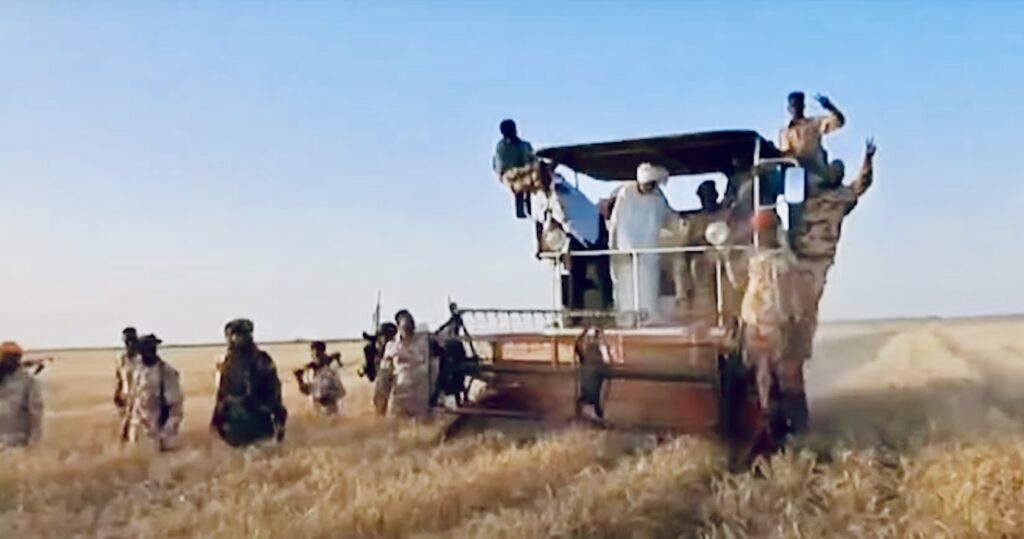
Al-Jazeera and Sennar
Similarly, in Central Sudan, farmers in Al-Jazeera and Sennar States struggle to revive their land as state financing is difficult to procure and irrigation systems are neglected and dilapidated.
Al-Jazeera and Sennar states have suffered severely since the Rapid Support Forces (RSF) invaded in December 2023. This invasion brought a near-total halt to agricultural activity, with widespread looting of agricultural machinery, fertilizers, pesticides, and even finished crops. This loss of resources, coupled with the mounting debts of the Agricultural Bank, means it’s extremely risky for farmers to return to their land, even after the Sudanese army regained control of some areas. Farmers are very concerned about finding bank financing; some farmers with pre-war debts are worried that they will be denied new funding as the Agricultural Bank has imprisoned some farmers in Al-Jazeera state who didn’t repay their loans.
Omar Goz, a farmer in the Al-Suki Agricultural Project in Sennar state, is preparing for his first agricultural season since the outbreak of fighting. Burdened by fears of a potential crop failure, Goz, and thousands of farmers like him in Sennar and Al-Jazeera states, face daunting challenges such as the collapse of irrigation canals, a lack of funding, and a severe shortage of agricultural machinery and technology. Yet Goz is determined to return to his land, which he hasn’t been able to access since the war began. It is his only source of livelihood.
With limited fiscal support, farmers in Central Sudan also face structural problems. In the Suki Agricultural Project, the 124,000-acre project area relies on four dilapidated pumps that were built over 50 years ago, Qoz told Ayin. “The main irrigation canals have collapsed, the canals need to be cleaned, and the entire irrigation system needs to be rebuilt,” he said. “If the government wants to avoid a failed season, it must urgently provide relief to the irrigation system.”
Qoz also pointed out issues with funding and fraud, saying that despite receiving nearly 1 trillion Sudanese pounds from the Agricultural Bank in 2022, one farmers’ group hadn’t repaid the loan and many of the recipients are not real farmers. Qoz also sharply criticized the agricultural unions, accusing members of the former ruling National Congress Party of focusing on strengthening their influence rather than addressing farmers’ problems.
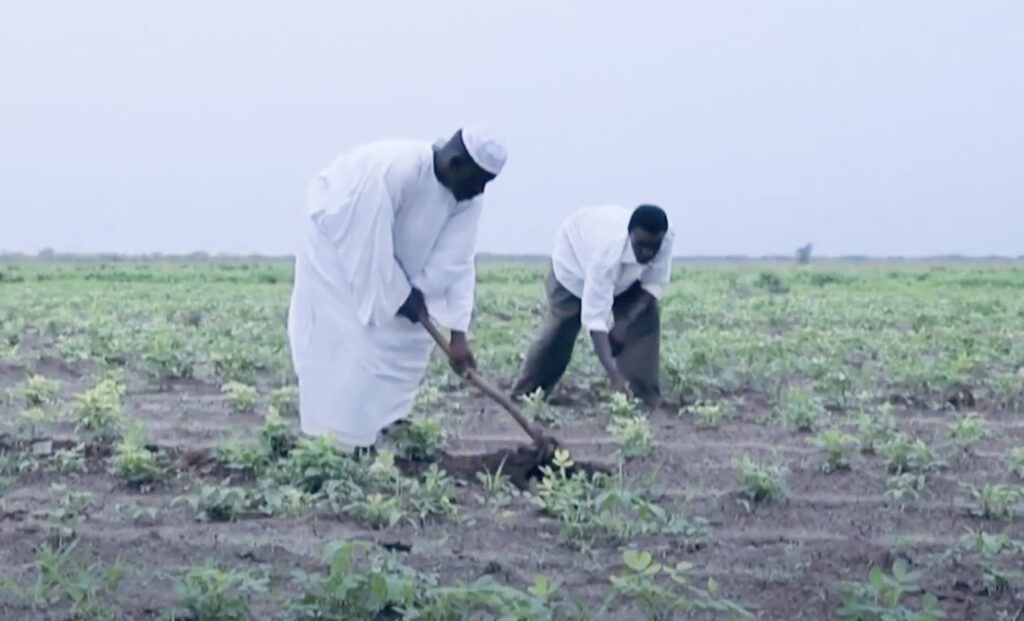
High prices, looting
Engineer Al-Tayeb Abdullah, director of an agricultural input company in Sennar, confirmed that the rapid change in the currency’s value has led to a significant increase in input prices, including gasoline and fertilisers, incurring heavy losses for companies.
Abdullah stressed that the RSF have looted crops and machinery from the rain-fed agricultural areas such as El Dali, El Mazmum, El Dinder, and El Soki resulting in huge losses and financial deficits for farmers. The RSF has also vandalised irrigation projects, including pumps and canals.
Despite the bleak picture, Abdullah expects cotton to be cultivated on 400,000 acres, and corn and sesame on larger areas in the localities of Al-Dinder, East Sennar, and Al-Suki. “There is optimism among some citizens who have sold personal property to finance their farming, but the disruption to agricultural production in general remains the dominant feature.”
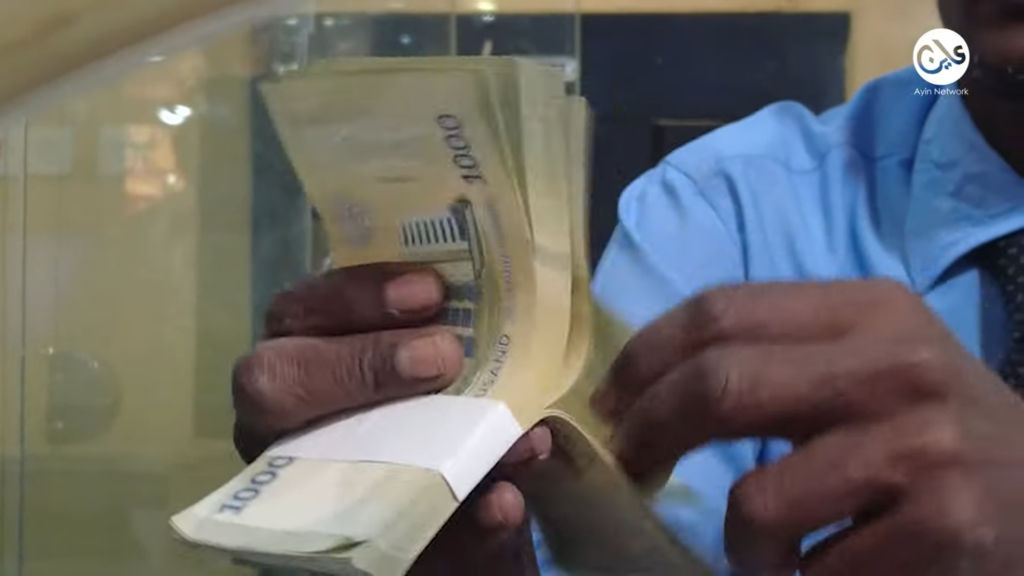
Financial fissures
In Al-Jazeera State, farmers face similar challenges with financing, said farmer Salman al-Hadi of the Jazeera Scheme, a colonial-era massive irrigation project. “Farmers are living in extreme fear because the Agricultural Bank is demanding pre-war debts, which they have been unable to repay due to the failed harvest season and the looting of crops by the Rapid Support Forces,” he told Ayin. “Farmers in Al-Qurashi locality were recently imprisoned due to reports from the Agricultural Bank, and these measures are expected to affect thousands of defaulters, threatening to derail the agricultural season unless urgent action is taken,” he added.
The 2.2-million-acre Jazeera and Managil Scheme, established in 1925, is one of the largest irrigation projects in Africa, and millions of Sudanese depend on it.
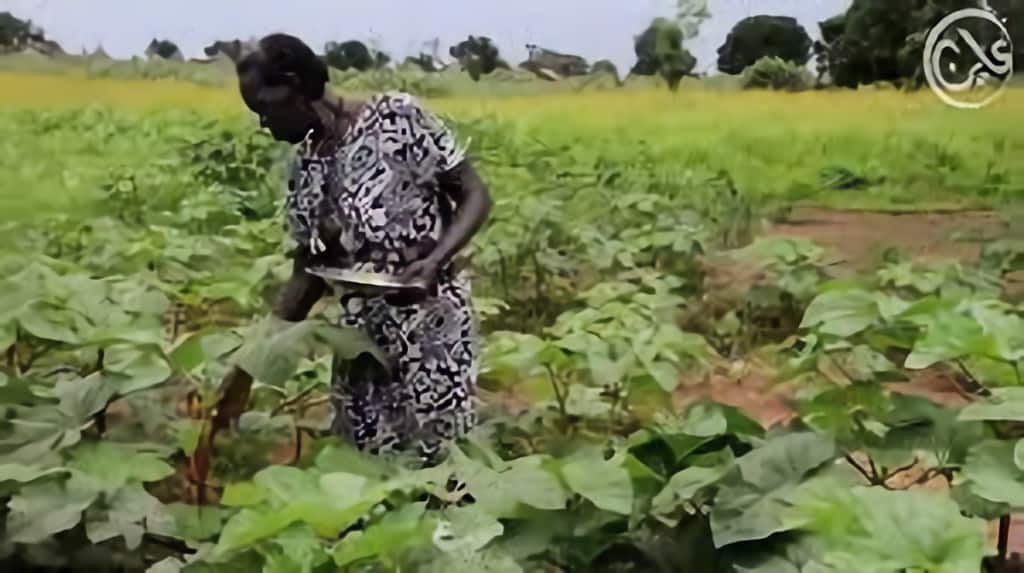
South Kordofan
Farmers in Abbasiya Taqli, South Kordofan, face a different problem: working in the fields are fraught with dangers. Several farmers told Ayin that the proliferation of weapons among individuals and the rise of local conflicts have led to a frightening lack of public security. Farmers have become more vulnerable to armed robbery and attacks on their property and fields, prompting many to abandon their lands out of fear for their lives and those of their families.
Mohamed Abdullah, former head of the Abbasiya Taqli Farmers’ Union, pointed to the ongoing clashes between farmers and herders. “The lands are state-owned, and the farmers are tenants,” he says. “Therefore, the state must protect them, but this hasn’t happened for more than ten years.” In recent years herders have settled around agricultural projects and have begun grazing their livestock, often interfering with farmers’ crops, he added.
The poor security situation has caused many farmers to abandon farming altogether or significantly reduce their cultivated land. Anyone who dares to risk their lives and property for a crop could face loss or even death.
“The government does not provide protection directly, but rather in exchange for money,” says Idris Abdelbagi, a farmer in Abbasiya. “A farmer who is able [to pay] must go to the security forces and ask them to protect his farmland. In return, he pays money to the soldiers, and provides food, gasoline for their transport vehicle, and other necessities.” Abdelbagi pointed out that they were previously able to pay the illegal insurance costs for protection, but now, given the current situation in the country and the war, these exorbitant costs have made protection a luxury that most farmers cannot afford.
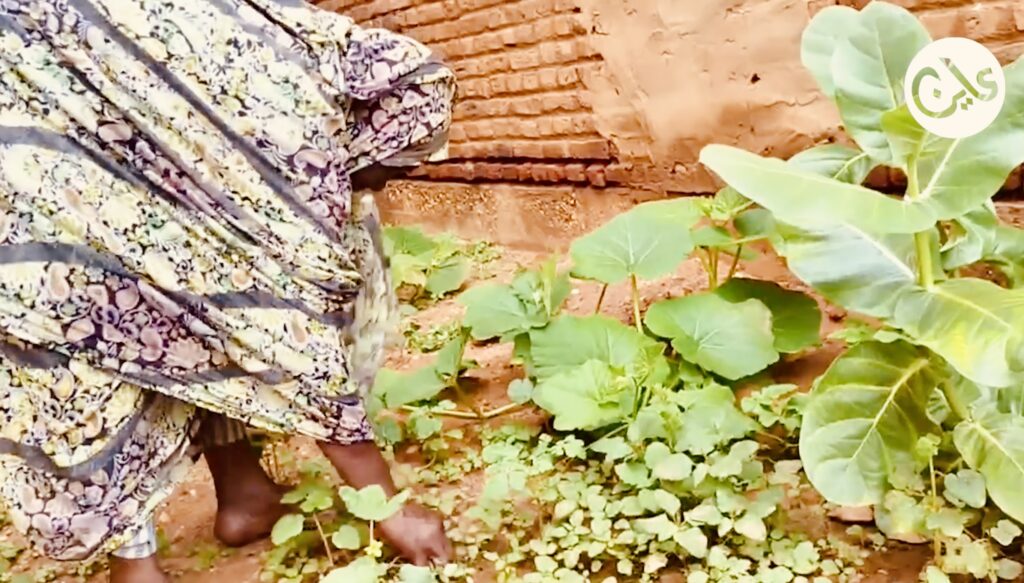
Inflated prices
Abdullah said that the high cost of fuel was also a major burden. “Fuel is always distributed to five gas stations, but they close them, creating a fuel crisis. This doubles the price.” While a gallon of gasoline in Port Sudan costs 11,000 Sudanese Pounds (roughly US$ 4),in Abbasiya it costs 23,000 Sudanese pounds (US$8.50), Abdullah said. The net result, he added, is prohibitive production costs, making farming economically unviable.
The lack of cash and insecurity has induced many farmers to cultivate smaller and smaller patches of land, Abdelbagi added. Many have resorted to tiny plots that they can protect, or to stop farming altogether. In this scenario, food supplies for this year and next will likely dwindle at a time when the populace needs it the most.




